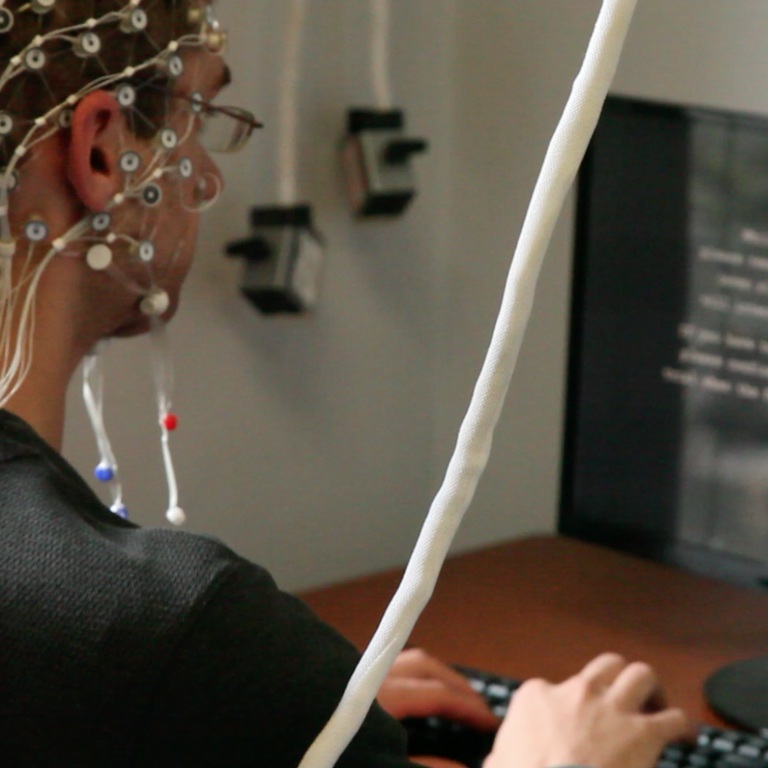by Marie Miguel, The Good Men Project
Wisdom isn’t something that you can learn overnight by reading a textbook; it comes from experience, and in most cases, years of it. That doesn’t mean you can’t start improving wisdom today, though, and this article will share some practical ways you can do so that you can apply them to your everyday life.
1. Be Open To New Experiences
As mentioned in the introduction, wisdom is gained through life experience. To keep growing as an individual, you must be willing to explore unfamiliar and sometimes uncomfortable things.
Overcoming challenges and obstacles can offer people an entirely new perspective that they wouldn’t have otherwise acquired if they didn’t get out of their comfort zones.
These uncomfortable experiences will teach you how to be more humble and honest with yourself, and as long as you’re consistent, you can learn useful skills along the way.
2. Show Compassion & Empathy
Although many people get by in life by taking a self-centered approach, you won’t gain as much wisdom by doing so. Instead of focusing on yourself, take a look at others and listen because there is plenty to learn.
By putting yourself in other people’s shoes and seeing their point of view, you can become more open-minded and conscientious which can have an impact on your decisions.
Not only is this good for forming connections with others, but it can help you think harder about your own feelings and emotions and what you can do to take control of them.
3. Don’t Be Afraid Of Making Mistakes
There is no such thing as being absolutely perfect, and many people don’t realize that most of their personal growth will come from messing up or even experiencing failure.
These types of situations will influence your decision-making and problem-solving skills, but if no mistakes are made or you’re hesitant to try new things because of the fear of making some, how will you learn from them? One part of self-development is learning how not to repeat mistakes, but you have to make them first.
4. Knowing When To Ask For Help
Being wise doesn’t mean you have all of the answers, but people who are will be able to use the resources around them so that they can find them. Sometimes this means reaching out to other people.
You can talk to your friends and family for advice, or you can speak with a professional. Counseling and therapy from BetterHelp can aid you in becoming a wiser person by showing you effective ways of solving problems, especially in regards to mental health.
Knowledge doesn’t necessarily equate to wisdom, but you can also find free advice articles here too. These can help answer your questions that are relevant to your experiences, and in the future, you can reflect on them.
5. Set A Good Example
When people think of a wise person, they usually imagine an elderly person who knows everything. While this is somewhat accurate because older people are full of life experience, you don’t need to know everything, nor do you need to be old to be wise.
What you can do though is be a mentor to others who are in need by practicing things that were discussed in this article.
There will be many people who will be in the same shoes as you, and by showing them how they too can work on developing wisdom, it simply reinforces what you’ve learned over time. A wise person has a lot to share and give back to others, and there’s no better way than leading by example.
Conclusion
Wisdom is a virtue and goes even further beyond knowledge. It should be considered the study of life, and only by experiencing it can you become wiser, make changes in yourself, and influence others. These tips can be applied anytime and anywhere, and through regular practice, you might not feel wiser, but you will notice an enriched livelihood.



